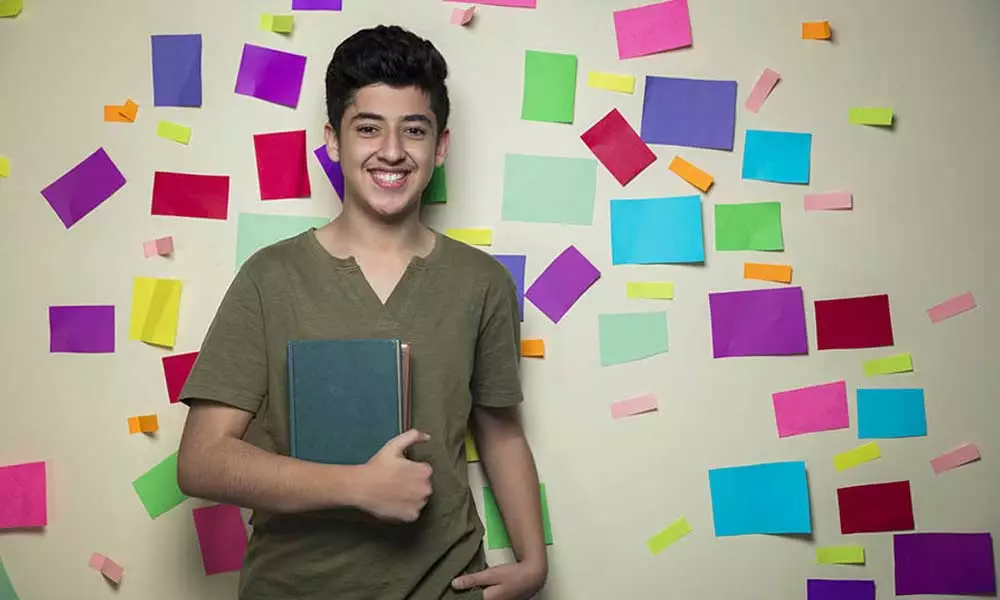
Distance learning became part of the new reality after COVID-19. UNESCO issued official recommendations for learning solutions that would enable proper education outside the classroom environment. These recommendations also include resources for psychological support.
When remote education is someone’s choice, it can be highly beneficial. The studying process is conducted in a safe online environment, and the student can organize it in accordance with their schedule. But when remote learning is imposed as a necessity, many students found themselves in an undesirable situation. The model is not adequate for everyone. The motivation of many learners depends on the classroom environment conditions.
It’s time to start a serious discussion on the matter: how effective is remote education? We can think of several obvious advantages:
For motivated students, remote education is just as effective as traditional methods. In many cases, students tend to learn more when they are allowed to organize their time and choose the resources they want.
There are two major problems with the imposed need for remote learning:
Countries from all over the world had to close schools and promote remote teaching as an alternative method. In general, that didn’t work. The teachers were complaining that they haven’t received any training for such ways of teaching. They have been focused on the traditional classroom environment, simply because they never had to use online tools for remote learning. These complaints mostly came from educators of older generations.
Yes; there are great teachers who have created impressive online content for their students. However, when the entire school staff is forced to transfer their lessons into the online environment, it’s a problem.
Schools and governments had more than enough time to provide training before the new school year started. In most cases, that wasn’t the case. The teachers are just as unqualified for online lectures as they ever were.
Remote learning does not work for all students. The lack of structure demotivates them to study. They find it difficult to create their own schedules and stay committed to them. When they are stuck at home without their friends, they feel bored, and find the idea of studying challenging.
There’s another major issue we have to think about: not all students have the needed resources to connect online at the time of the lecture. They might not have access to a computer, or they have to share it with a sibling, whose classes occur at the same time.
When online education is imposed instead of a voluntary choice, it’s a big problem for students who never wanted it.
Schools and governments have a huge responsibility to provide the needed resources for all learners. We cannot expect students from poor families to accept the reality and do whatever they can to learn. We have to provide technical resources, as they have the right to equal treatment and education as everyone else.
Online education can be very effective when properly planned and executed. Unfortunately, we haven’t reached that point. There are amazing platforms that work for students who choose to learn online. But we have to train all teachers and provide resources to all students if we want this to be a truly effective alternative method of education during the pandemic.
BIO: Paul Calderon has a big interest in education and different teaching methods. He studies different systems and educational styles, so he can figure out what works as a generally accepted approach. On his blog, Paul shares his opinions and tries to motivate students to explore various learning styles.
